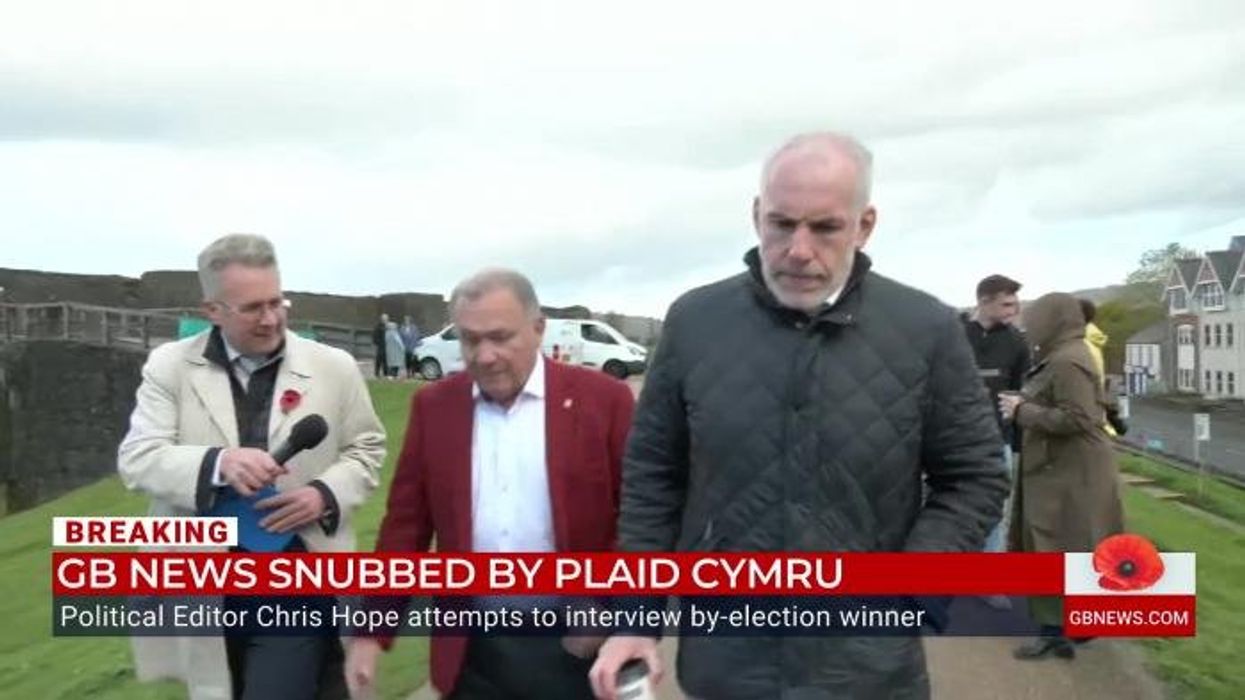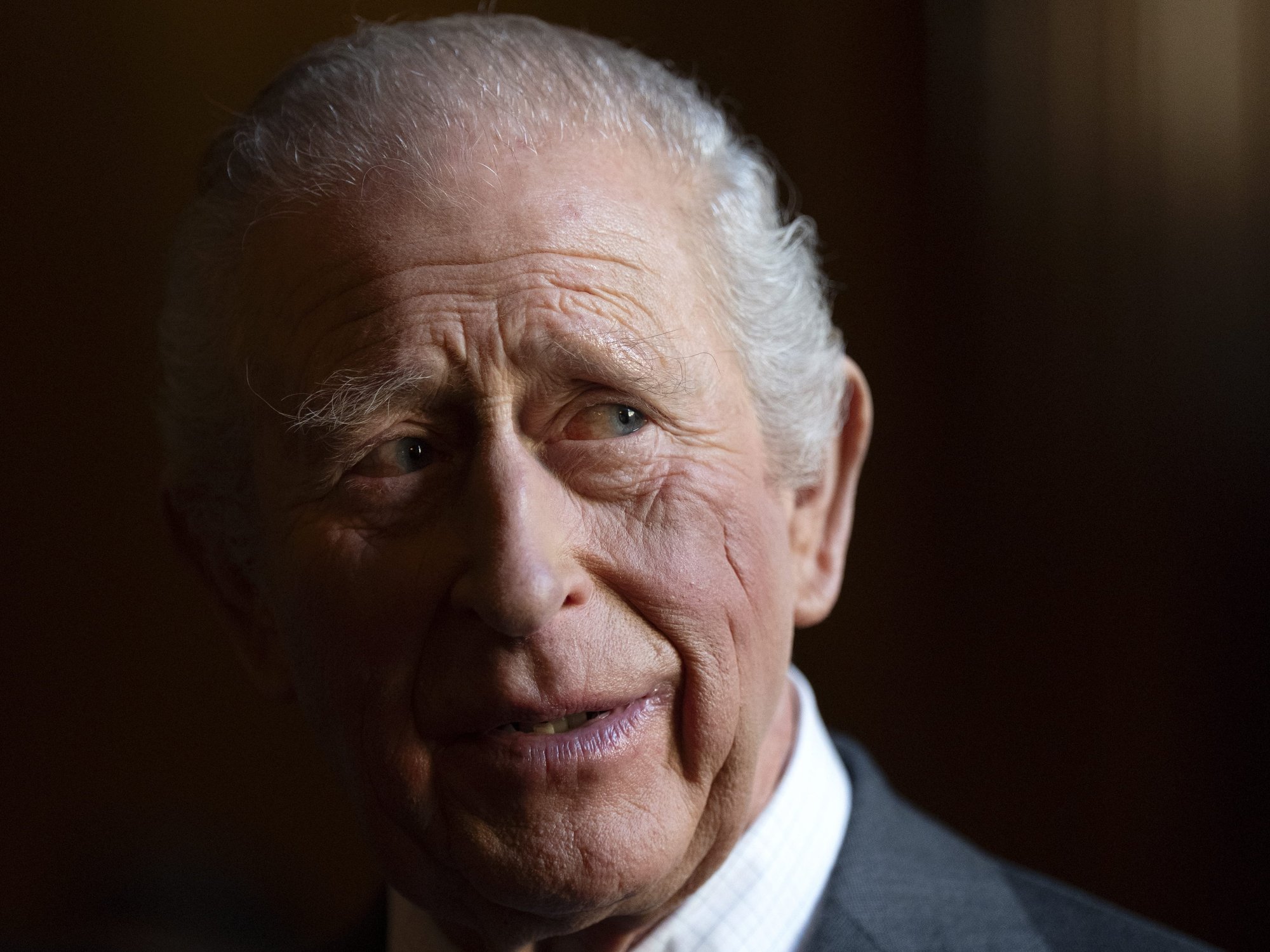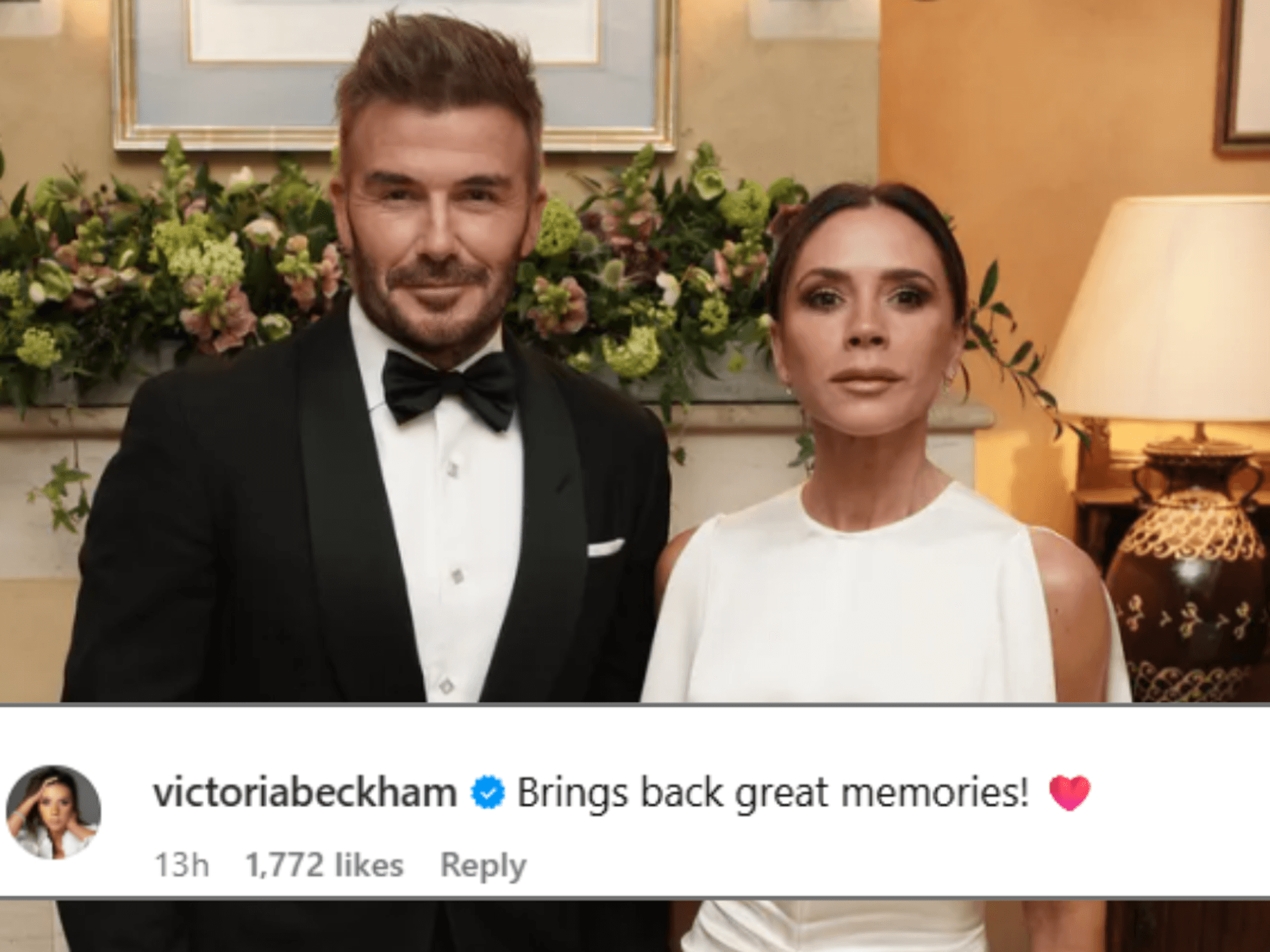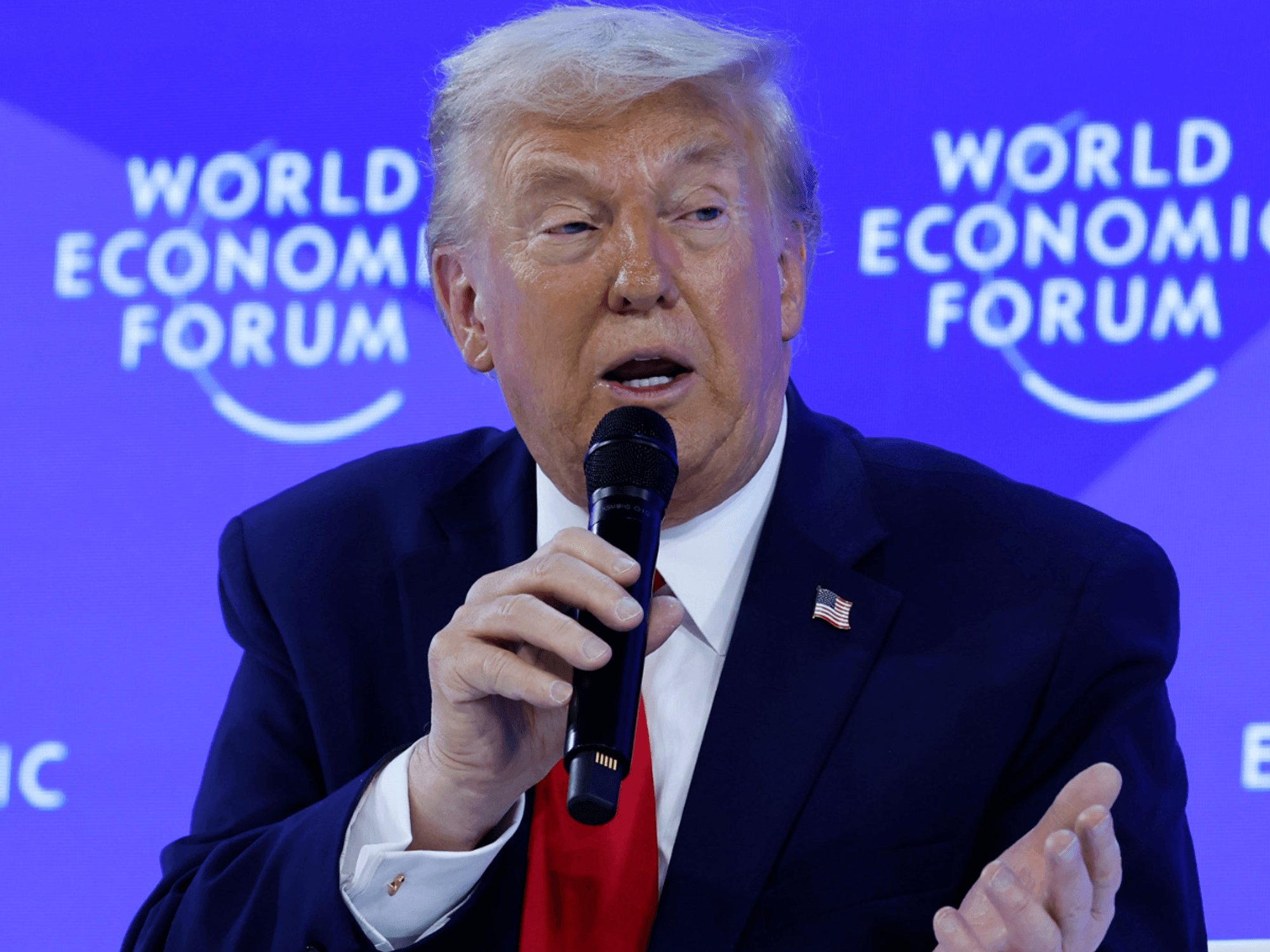British media spent decades pursuing wokeness but now I have hope - Colin Brazier
Colin Brazier lays out why he is still optimistic about the British media landscape
Don't Miss
Most Read
Trending on GB News
This is my 52nd consecutive weekly column for GB News and, by way of celebrating my first birthday as a columnist, I want to say something uncharacteristically positive.
Because, contrary to fashionable opinion, I think the media landscape in Britain is in fine fettle. A few days ago, I said as much to an audience at the Battle of Ideas in Westminster.
I was there as a panellist to answer this question: who controls the narrative? In other words, who decides what amounts to public debate in Britain; the Government, journalists or - in some broader sense - we, the people.
Here’s the gist of what I told them.
TRENDING
Stories
Videos
Your Say
For a century, the UK has been paralysed by the toxic legacy of Lord Reith, creator of the BBC. For decades, our poll-tax-funded broadcaster - inoculated from market forces - ushered in an unprecedented era of group-think.
Before the Beeb we, the British public, arrived at the truth in a very particular way. By which I mean, adversarially. For hundreds of years, in Parliament and the courts, it was an accepted verity that nobody had a monopoly on reality. The truth lay in some middle-ground between two or more opposing assessments.
In court, the prosecution had its case, while the defence presented - what we might now witheringly call - “alternative facts”. In Parliament, the Government offered its version of events, while the Opposition disputed them.
To underline the point that we expect disputation - not cosy establishment stitch-ups from our MPs - they have been made to sit, for hundreds of years now, sitting opposite one another.
And, most pertinently of all, there were newspapers. Imagine a past in which there was only one, state-sponsored newspaper, trying to come to a consensus about what to tell readers.
That is where we got to with the BBC. A broadcaster that still insists that it has the almost supernatural ability to parse the world and decant it into summary-form (most comically courtesy of the absurdly grandiloquent BBC Verify).

Colin Brazier lays out why he is still optimistic about the British media landscape
|GB NEWS
Newspapers were very far from perfect. But they did reflect a spectrum of opinion. They were, of course, guilty of all the things which discredit the BBC.
Preferencing some stories over others. Selecting one type of guest to interview over another. But, at the end of the day, there was diversity of thought.
The Daily Telegraph gave one view, The Guardian another. The truth, perhaps, was somewhere between those two editorial poles. At the very least, views were not generally brushed under the carpet. There was a place for almost everything.
There will be those who would argue that this is to exaggerate the power of the BBC. They will point out that there were other broadcasters, offering rival perspectives.
Really? In the 1990s, I left BBC News for Sky News because the latter was not the former. But, over the next two decades, Sky (and ITV) morphed into a twisted version of the BBC. If possible, even woker. Or, as I told the audience at the Battle of Ideas: “Sky News became the paramilitary wing of Channel 4 News”.
LATEST DEVELOPMENTS
Why did TV news become such an echo chamber? Partly it was the people. Journalism went from being a school-leaver ‘trade’ to a graduate ‘profession’. It’s practitioners, generally speaking, were not hefted anymore to an area by a local newspaper.
Worse, the new intakes were moulded into a narrow way of thinking by university and media studies courses. But it wasn’t just the people. The business model was also totally bust. As soon as social media started to eat the MSM’s lunch, something happened which catalysed its decline.
I saw it at Sky. When audience figures start to fall, how do TV bosses justify their existence? They can’t point to growing numbers of viewers - because eyeballs are switching online. So they find a new metric that can ‘prove’ they are winning.
And that metric is industry awards. I saw TV pivot away from what viewers wanted to what award judges value. Customers stopped mattering: trumped by the approbation of peers in other newsrooms who get to cast a vote at the Baftas or Royal Television Society awards.
Why then, given all this, do I feel positive about the future?
Mainly, because customers now matter again. Millions of viewers have ditched the BBC and Sky for good. For some it was a gradual process. Others were appalled by the way events like the 2015 migration crisis or 2016 Brexit vote were handled. What started as a trickle of users getting their news from internet channels became a stampede. A thousand flowers have bloomed.
The green shoots were visible in America first. Conservative commentators like Ben Shapiro proved it was possible to deliver the news in a way that was more partial, profane and and - ultimately - popular. Left-wing equivalents flourished too. The days of a handful of outlets speaking for all - an impossible task - were over.
We were soon catching up. YouTube channels like Triggernometry have hundreds of thousands of subscribers.
But more important still is Twitter. It is impossible to overestimate the extent to which it has democratised news provision. Its detractors will insist it peddles lies and dangerous disinformation. But, for me, its occasional downsides are dwarfed by the upsides.
Last year, I realised how far we’d travelled when I saw a tweet from a former colleague at Sky TV - he was a senior executive, and I was just a humble on-air hack. Andrew Griffith MP is now a Shadow Cabinet Minister.
His words amount to a revelation. He wrote that X meant “public opinion [was] no longer determined by a left-leaning elite”, adding “recent political earthquakes” in the UK were “a release of pent-up democratic will, as citizens regain their ability to speak freely.” Griffith likened the impact of X to that of Gutenberg’s printing press and that, by buying the platform, Elon Musk might “have saved humanity”.
Think about that for a second. A member of the Shadow Cabinet musing publicly on whether X might “have saved humanity”. I thought of his words when I was in Kenya earlier this year. At the airport, we flagged a taxi. Where, I asked the driver, did he get his news from? From X, of course. And how did he manage to access it, given that he lived deep in the bush outside Nairobi. Via Starlink, the satellite service provided by Musk’s SpaceX.
My conversation with the taxi driver brought home to me two things. First, contrary to received wisdom, history is still shaped by individuals, even - dare I say - ‘Great Men’. Musk is one. But so is Paul Marshall, the man whose appetite has allowed GB News to challenge mainstream media hegemony on traditional television and radio.
The other point is this. What happens in the UK matters less than it once did and it is increasingly parochial to believe otherwise. It pains me to say it, but Britain is not the global force it once was.
Our demographics stink, our economy is hollowed out, our leadership stunted. Other nations will become torch-bearers for the concepts we once shared with the world: namely freedom, Christianity and the rule of law. Kenya is only one of them, but there are plenty of others. Getting on, just fine, without their own versions of the BBC.
More From GB News











